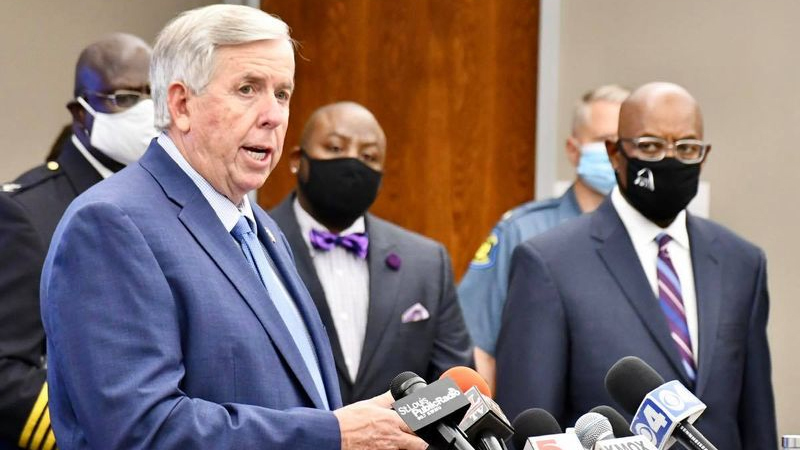Missouri lawmakers approved the elimination of St. Louis City Police residency requirements despite city of St. Louis residents voting against it last year.
The St. Louis American previously reported that removing the residency requirement would offer the current city of St. Louis jobs to a much whiter pool of county applicants because whites outweigh the number of blacks, 65 percent to 24 percent, in St. Louis County
“The Alderman wanted to keep people under the residency requirements because they need people to stay in the city,” said Bryon Keelin, president of Freedom Principle MO.
The residency requirement had been temporarily lifted in 2020 by HB 1604, which included a three-year sunset, and when voters decided against a constitutional amendment last year that would have kept the residency requirements in place, lawmakers passed SB 186.
“Had the voters approved the constitutional amendment, it would've permanently eliminated that requirement,” Keelin told the St. Louis Record. “That was why they put in the three-year limit because the legislature thought that St. Louis city voters would step up."
Although voters rejected extending the waiver, SB 186 expanded the removal of police residency requirements to include first responders, 911 dispatchers, and some paramedics.
“That allows them to be eligible for certain types of worker's comp-type benefits,” Keelin said in an interview. "Now all of those positions are available to anybody outside of St. Louis City who wants to work in the city."
If the governor signs SB 186 into law, when the residency waiver for St. Louis police expires in August 2023, the provision in SB 186 will allow any commissioned and civilian personnel of the police who lives within an hour of the city an exemption from the residency requirement of living within the city limits.
SB 186 includes provisions relating to other public safety and criminal justice reform issues, such as creating an office of child advocacy, highway patrol fees, missing children, court fees for services, the sheriff’s retirement fund, emergency medical services, and compensation for peace officers.
"There are some things in here that will impact St. Louis City and St. Louis County and other municipalities but the one thing is that it also gives blanket liability to first responders who use Narcan for any type of opioid overdose," Keelin added. "It provides protection to them."
Also known as Naloxone, Narcan blocks the impact of opiates on the brain and restores breathing, and is used when a user has overdosed.
